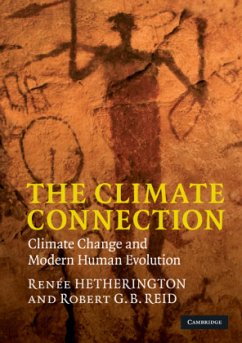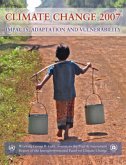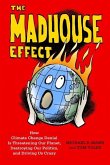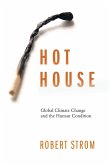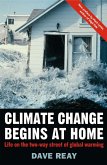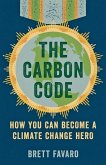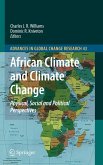Highlights the influence of saltatory evolution and rapid climate change on human evolution, migration and behavioural change. Growing concern over the potential impacts of climate change on our future is clearly evident. In order to better understand our present circumstances and deal effectively with future climate change, society needs to become more informed about the historical connection between climate and humans. The authors' combined research in the fields of climate change, evolutionary biology, Earth sciences and human migration and behaviour complement each other, and have facilitated an innovative and integrated approach to the human evolution-climate connection. The Climate Connection provides an in-depth text linking 135,000 years of climate change with human evolution and implications for our future, for those working and interested in the field and those embarking on upper-level courses on this topic.
Hinweis: Dieser Artikel kann nur an eine deutsche Lieferadresse ausgeliefert werden.
Hinweis: Dieser Artikel kann nur an eine deutsche Lieferadresse ausgeliefert werden.
'Hetherington and Reid have undertaken the first comprehensive scientific review and analysis of the connections between human biology and its evolution, human pre-history and history on a global basis, and of planetary and regional climate throughout time as it has affected all biological life, including the activities of humans and their societies. The result is a very readable story, meticulously researched and well referenced, of us as human animals: what we are as well as who we are and how we got that way, of our genetic make-up and adaptations, of the development of behavioural capacities to cope with changes in our environment, and how successive fairly sudden changes in climate at long intervals have stressed human populations and stimulated the survivors to develop new capacities and new tools, and thus ultimately to result in our present societies, institutions and behaviours, which in the last century are themselves bringing about changes in climate that threaten new or catastrophic stresses. It is a profound and vitally important story, and one that provides a solid scientific background to our current environmental, social, economic, and political dilemmas. This book is a significant contribution to the understanding of perhaps the most serious issue of our times.' Fred Roots, Science Advisor Emeritus, Environment Canada and Chair of the Canadian National Committee for the UNESCO Man and the Biosphere (MAB) Programme

